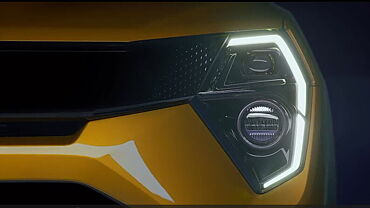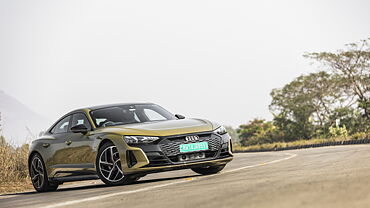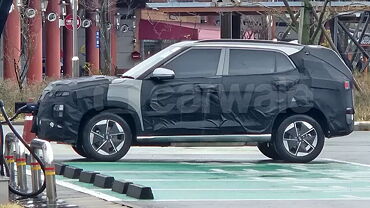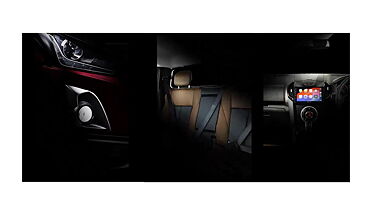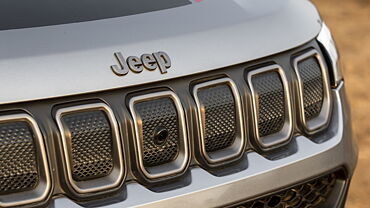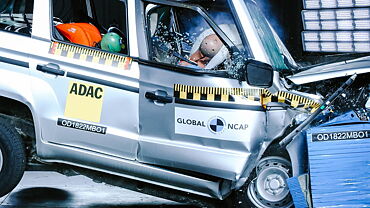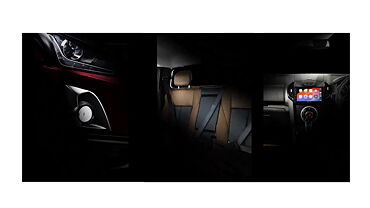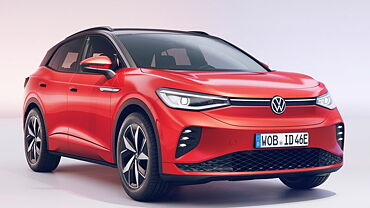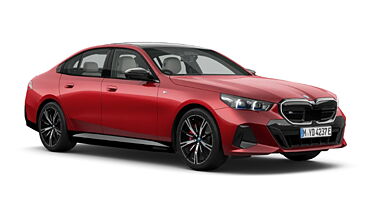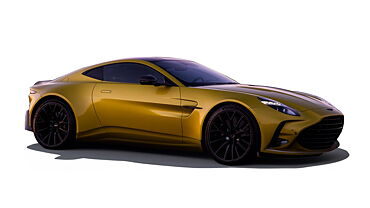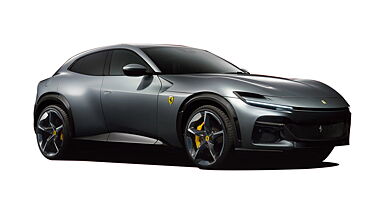Nissan believes that India is a key market for its future and its Chief Executive Officer (CEO), Carlos Ghosn, feels that tying up with local partners will help the company's prospects in the country. According to him, a network of channel partners will help the Japanese company become more competitive and create cost effective solutions for markets that are currently at a nascent stage.
At the Tokyo Motor Show, Ghosn commented, "Our partnerships with Indian companies like Ashok Leyland have been extremely successful. It combines our strength of technology and design with their ability to be frugal and this combination will make us more competitive internationally. Nissan's future growth will depend on how we develop solutions, which are affordable to the masses in the emerging markets."
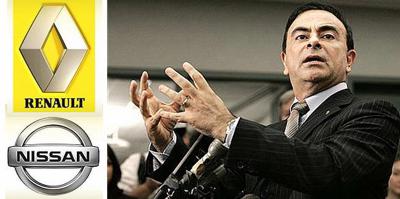
Talking about the Indian auto industry, he said that the company is still in talks with Bajaj Auto, the two-wheeler giant, to develop a low priced small car. The prospects of this venture will solely depend upon the efforts put by Bajaj into developing the car.
"We are in India for the next century." said Ghosn regarding the sales volumes and setbacks it received in the past in India. "Two years ago, we were selling barely 1,000 cars a year in India. Now, that number has shot up to 40,000," he continued.
Globally, Nissan has forged an alliance with Renault, while it has entered a Joint Venture (JV) with Ashok Leyland in India to manufacture commercial vehicles. The latter initiative has been quite fruitful for the company, especially the launch the small, 1.25 tonne Dost. Many new utility vehicles are soon expected from this venture, sporting either Nissan or Leyland emblem.
Nissan is looking to tap into the potential of markets like India, China and Brazil to continue its growth. This is even more important considering the slowdown in sales and increase in export expenses in view of appreciating value of Japanese Yen. Ghosn quipped that the company may look towards China, Thailand and Brazil for production if the Yen crisis continues in the future as well. On the other hand, other high level executives of Nissan said that the company was exploring the possibility of exporting cars from India.
"We have reached optimal capacity in Thailand. India could be a good option for creating capacity and increasing exports," Chief Operating Officer, Toshiyuki Shiga said. Ghosn had earlier said that exporting cars from India will depend upon the competition as, “India is not a simple and easy market. It needs time to understand the market. There have been failures. But we are learning from our mistakes and we are getting there.”
At the Tokyo Motor Show, the Japanese automobile giant unveiled zero-emission vehicles and their prototypes. One of them is Leaf, a battery powered vehicle that can successfully electrify homes and run gadgets. Till date, the company has been able to sell 20,000 Leafs in its home market and aims to sell 1.5 million vehicles by 2015.
According to Ghosn, the company will target countries like US and China, though India remains unviable for such a car. The Indian government does not offer many incentives to auto makers that develop such zero-emission car, shooting the requisite costs through the roof.
Currently, Leaf would make buyers shell out Yen 3.7 million, but the Japanese government renders an incentive of Yen 0.75 million, easing the burden on consumers. Such a price tag makes the car quite feasible in the market as a corresponding gasoline powered car would be priced at Yen 2.4 million.



